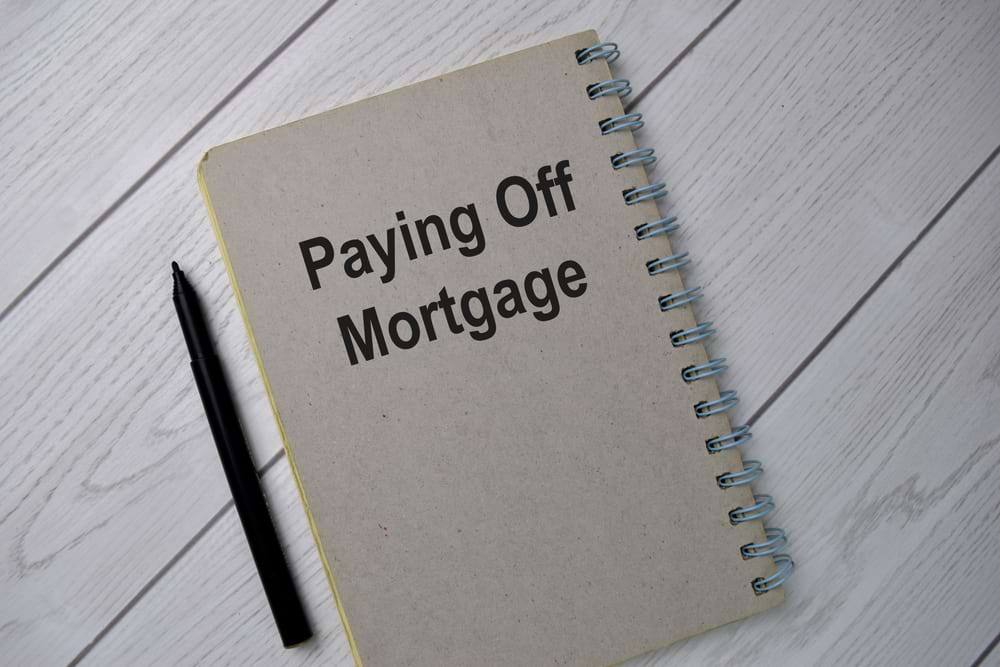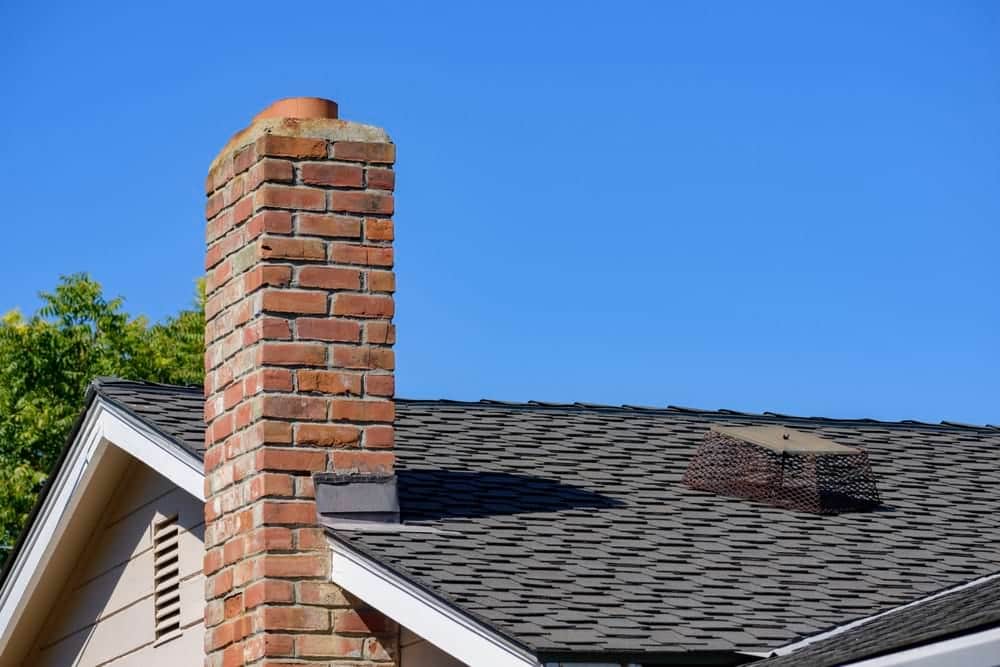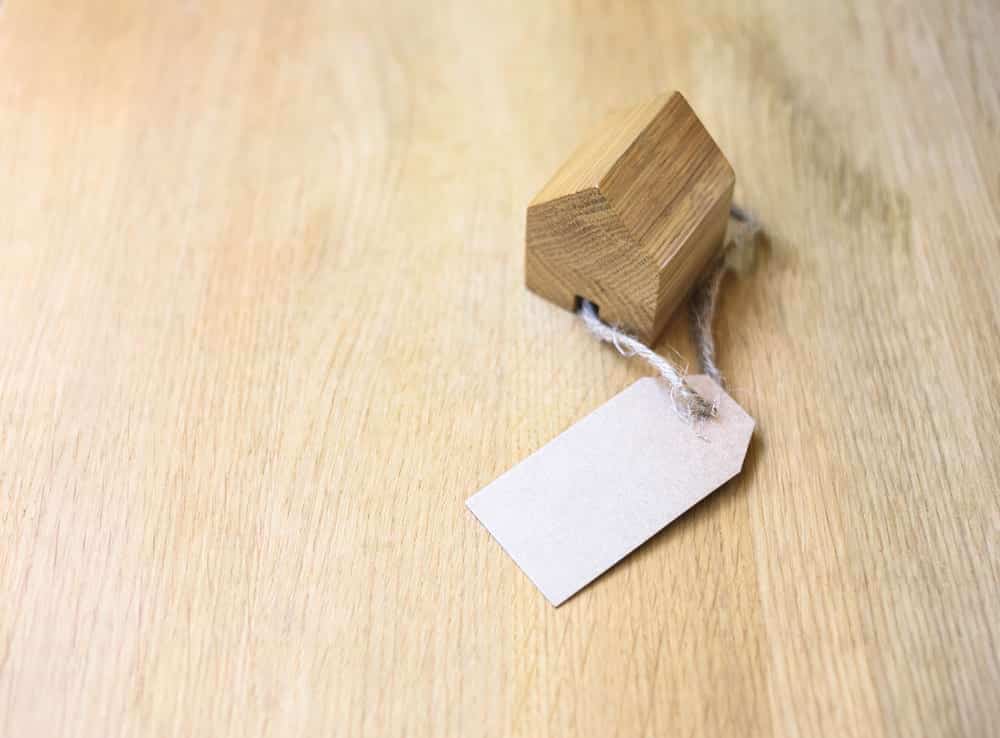There’s a lot of paperwork involved in selling a home.
One important piece is the Property Information Form.
This is a legally binding document that tells the buyer about a home in detail.
But what if a seller lies on it? What can the buyer do?
Read on to find out.
What’s in a property information form?
Buyers’ conveyancers – the legal professionals aiding their transaction – require sellers to fill in a Property Information Form (or TA6 form, or TA7 for leaseholders).
(Sellers also fill in a TA10 form which details the fixtures and fittings that will be staying in the home.)
Sellers do not have to fill in these forms. However, buyers’ conveyancers are likely to insist on it and buyers themselves may walk away if it isn’t done.
In other words, it’s an extremely useful document for selling your home.
These Property Information Form (TA6) includes relatively straightforward information, such as:
- Where the stopcock is
- Who supplies a home’s energy
- Who supplies a home’s water
- The band the property falls into for council tax purposes
And more. It also asks about issues that could have an impact on the next owner, such as:
- Disputes with neighbours.
- Planning notices of nearby development.
- Information about where boundaries are and who is responsible for them.
- Building work carried out on the property, including building regulations approval and planning permission.
- Instances of flooding, subsidence and Japanese knotweed (an invasive plant that can grow through masonry) and any work carried out to remedy these issues.
- Details about access to the property, shared land and parking arrangements.
The list is long. But that doesn’t mean buyers should shy away from asking anything they are concerned about that isn’t included.
Filling out the form
Sellers should answer all of the questions on a Property Information Form as accurately, honestly, and fully as possible.
Not answering or vaguely answering certain questions will raise suspicion with buyers and their representatives.
Even if work was carried out before a seller moved in it should be declared.
The search process usually finds paper trails from previous sales and council records. And there are ways to address some issues, such as indemnity insurance.
The sooner any issues come up the sooner they can be addressed. This reduces delays and the probability of a sale falling through.
Consequences of lying a Property Information Form
1. Court and compensation
Inaccurate Property Information Forms can lead to buyers taking sellers to court to seek compensation from them.
Misleading a buyer, whether intentional or not, could be a breach of the Misrepresentation Act.
Buyers have six years from the date they buy a property to make a claim against a seller.
This is plenty of time to discover an undeclared defect or a nuisance neighbour, for example.
The onus is on the seller to prove they did not mislead the buyer. If they can’t, the most likely outcome is that damages will be paid to the buyer.
Typical compensation costs
Damages pad by sellers are often the difference between a property’s sale amount and the value it would have been had issues in question been known.
If you consider properties with Japanese Knotweed, for example, are devalued by around 10% of a property’s total value. This could lead to some eye-watering costs.
2. Nullifying contract exchange
Another option, which is much rarer because of the impact on all those involved, is for the contract to be unwound completely.
This means going back to the point before contracts were exchanged. Essentially the seller buys their home back, while also covering the buyer’s:
- Expenses
- Legal costs
- Mortgage interest
Buyer’s can protect themselves with a survey
One way a buyer can give themselves more peace of mind is to hire a chartered surveyor to carry out a survey. They should spot potential or existing issues in a property.
Surveys are different from mortgage providers’ valuations, which assesses whether a home is worth what the provider is lending for it.
Surveys assess the condition of a home. They range from a basic condition report which gives an overview of the state of a home, right the way up to a full structural survey which details defects and potential problems, as well as suggesting repairs.
They should pick up major problems that may have been left out of the property information form. What’s more if a surveyor misses anything you can make a complaint and could be able to claim compensation.
Working with We Buy Any Home
Selling a house can be a stressful and daunting experience for many partly because of all the paperwork involved, especially if you need to do it in a short space of time.
If you want to sell your house urgently, We Buy Any Home can help. We’ve been buying properties of all shapes, sizes and values across the UK for more than a decade.
Our service is designed to be as easy to use and cost effective as possible, not to mention fast. We organise and pay for valuations and solicitors, and once we’ve agreed on a final price, we won’t go back on it.




















